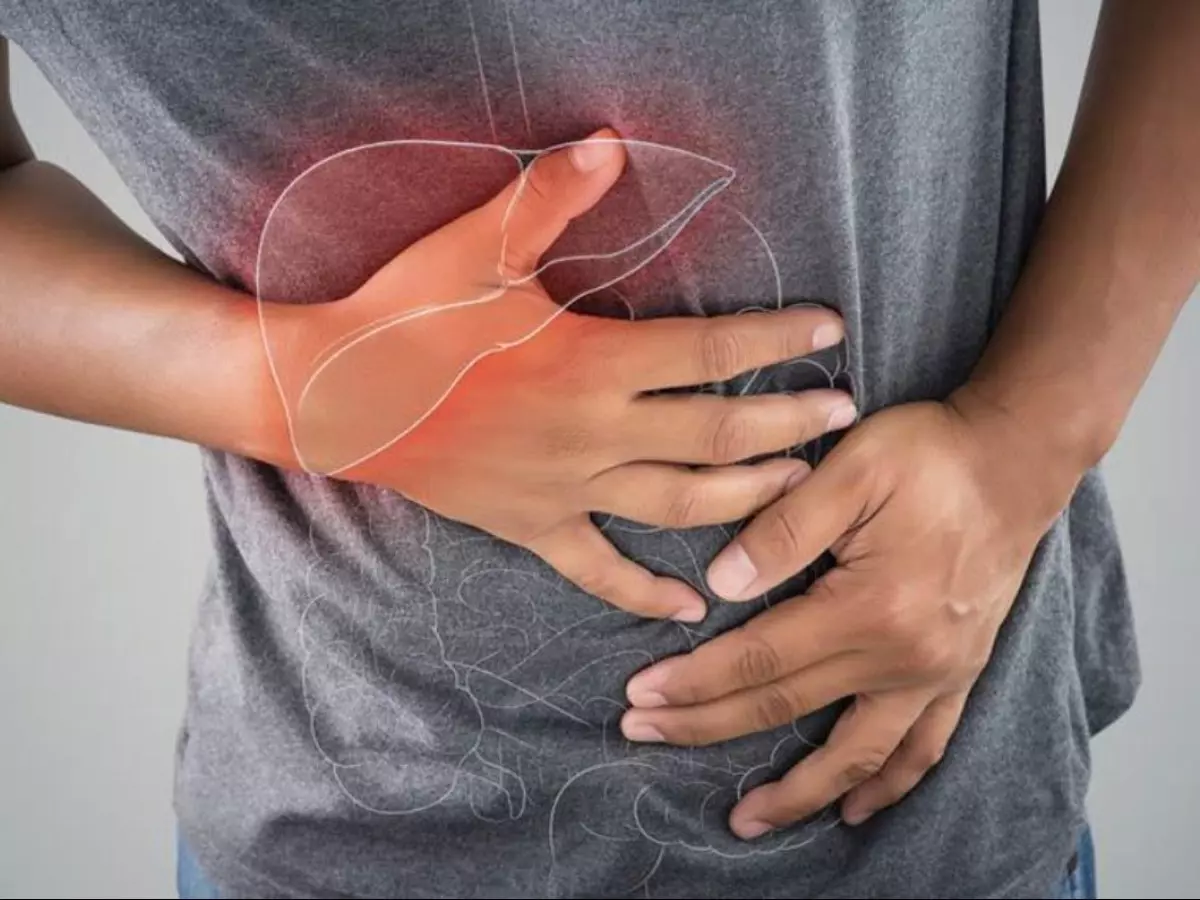Explained: Pancreatic Cancer - Symptoms That Indicate Spreading Of The Tumor
Cancer is one of the deadliest diseases in India, with an incidence rate of approximately 1.5 to 3 times higher than the reported incidence. The 2020 WHO ranking on cancer burden in terms of new yearly cases reported has placed India third, after China and the United States, respectively.

Cancer is one of the deadliest diseases in India, with an incidence rate of approximately 1.5 to 3 times higher than the reported incidence. The 2020 WHO ranking on cancer burden in terms of new yearly cases reported has placed India third, after China and the United States, respectively.
 Pancreatic cancer | Stock image
Pancreatic cancer | Stock image
Pancreatic cancer is one of the most fatal cancers in India, especially among men. Pancreatic cancer is difficult to detect because the organ is located deep within the abdomen and is hidden behind other organs. As a result, pancreatic cancer frequently goes undetected until it is pretty advanced.
Pancreatic cancer frequently begins in the abdomen and spreads to adjacent structures such as lymph nodes, adjacent bowel and to the liver. The tumor is capable of spreading to the lungs, bones, brain, and other organs.
There are some complications that occur due to this fatal disease
- Jaundice - Jaundice can be caused by pancreatic cancer that blocks the bile duct of the liver. Yellow skin and eyes, dark urine, and pale stools are all symptoms of jaundice, which is usually accompanied by abdominal pain.
- Obstruction in the bowel movement - Pancreatic cancer that spreads to or presses on the first part of the small intestine can obstruct the passage of digested food from the stomach into the intestines.
- Pain in the abdomen ¨C Pancreatic cancer spreads to surrounding nerves causing severe pain requiring analgesics.
As this type of cancer is often undetected, it is critical to understand the symptoms that indicate its spread in order to detect it early.
Symptoms of spreading of tumor
 mdanderson
mdanderson
The symptoms may differ depending on where the cancer has spread. However, pain in the back is one of the most important signs of the spreading tumor. There are other symptoms also that indicate the spreading to weak bones that can fracture easily, it also leads to anorexia, weight loss, upper abdominal pain, fatigue, change in stool color (pale stools), change in the color of urine and jaundice.
Anyone suffering from any of the symptoms should immediately visit a doctor and get diagnosed, as early diagnosis is important for this type of fast spreading cancer.
Diagnosis of pancreatic cancer
- Endoscopic ultrasound - An endoscopic ultrasound (EUS) captures images of the pancreas from inside the abdomen using an ultrasound device. To obtain the images, the device is passed down the esophagus and into your stomach via a thin, flexible tube (endoscope).
- Biopsy- A biopsy is a procedure that involves removing a small sample of tissue to be examined under a microscope. Tissue is typically collected during EUS by passing special tools through the endoscope. A sample of tissue from the pancreas is collected less frequently by inserting a needle through the skin and into the pancreas (fine-needle aspiration).
- Imaging Tests - Imaging tests allow the doctors to see inside the body, including the pancreas. Ultrasound, computerized tomography (CT) scans, magnetic resonance imaging (MRI), and, in some cases, positron emission tomography (PET) scans are used to diagnose pancreatic cancer.
Preventative measures against pancreatic cancer
 Pancreatic cancer | Unsplash
Pancreatic cancer | Unsplash
Consume alcohol in moderation - Heavy drinking may increase chances of developing chronic pancreatitis and, in some cases, pancreatic cancer, so it is better not to consume excessive alcohol.
- Eat right - Certain foods, such as red meat, processed meat, sugar, and fried foods, have been linked to an increased risk of pancreatic cancer. There is no need to eliminate these completely from the diet but try to balance them with fresh fruits and vegetables, whole grains, and lean proteins.
- Stop smoking - Smoking is extremely dangerous and can cause cancer, so it should be completely stopped.
- Family history ¨C People having family history of Pancreatic cancer have a high probability of developing pancreatic cancer, these people should meet an expert for further advice.
Rather than worrying, people should follow the preventive measures or visit a doctor immediately if they are suffering. Pancreatic cancer has a very low survival rate, so early detection and treatment can save their lives.
About the author: Dr. Kapil Jamwal is the Head of the Department of Gastroenterology Unit II, Artemis Hospitals. All views/opinions expressed in the article are of the author.
